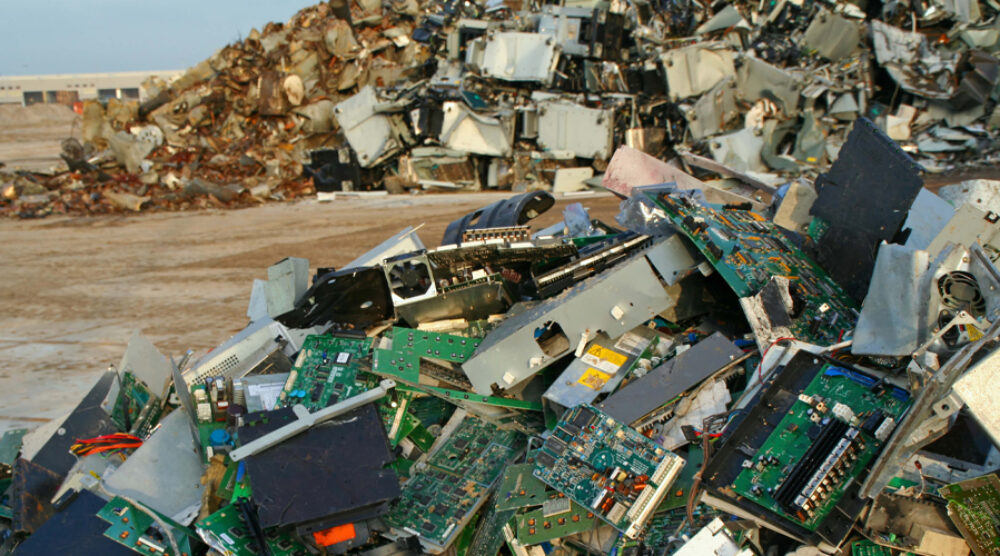E-waste (or electronic waste) refers to discarded electronic and electrical items. The mining of e-waste for precious metals such as gold, silver, copper, platinum, and palladium is an alternative to traditional mining, as well as containing plastics that can be recycled is referred to as urban mining, a name coined by Hideo Nanjyo in the 1980s.
While much has been written on e-waste in developed countries and some developing countries, the challenges of sustainable urban mining in e-waste in Sri Lanka remain mostly unexplored. However, understanding these challenges is a complex process owing to the large number of stakeholders involved and intricate macro-environmental factors. Hence, a systematic approach is needed to understand the multi-faceted, multi-stakeholder challenges in e-waste recycling in Sri Lanka.
Nuwan Gunarathne is a PhD candidate in the Department of Business Strategy and Innovation, supervised by Associate Professor Ki-Hoon Lee and Dr Lanita Winata. He recently co-authored a paper exploring the challenges inhibiting sustainable urban mining in e-waste recycling in Sri Lanka and remedial action to address these challenges with the help of the integrated sustainable waste management model [ISWMM].
Using a case study approach to the entire e-waste recycling industry in Sri Lanka, this study collected data through various methods including interviews, site visits and document analyses. The collected data was analysed thematically using a modified version of ISWMM, revealing the interrelationship between the multidimensional challenges stemming from stakeholders, e-waste management processes and the local enabling environment.
Since all these challenges are tightly knit in a vicious circle, a few ad-hoc initiatives to overcome them would not suffice to produce the desired change towards the goal of sustainable urban mining in e-waste. Thus, the possible strategies to overcome these challenges should include policy formulation, law enforcement, adoption of the extended producer responsibility principle, capacity building, awareness creation and education, import controls, industry regularization and public-private-partnership.
These strategies need to be urgently initiated by the Sri Lankan government, business organisations, consumers and civil society to overcome any environmental and social issues associated with urban mining of e-waste while harnessing its business potential.
Please click here to read the full “Challenges facing sustainable urban mining in the e-waste recycling industry in Sri Lanka” written by Nuwan Gunarathne, Ajith de Alwis and Yasanthi Alahakoon.






